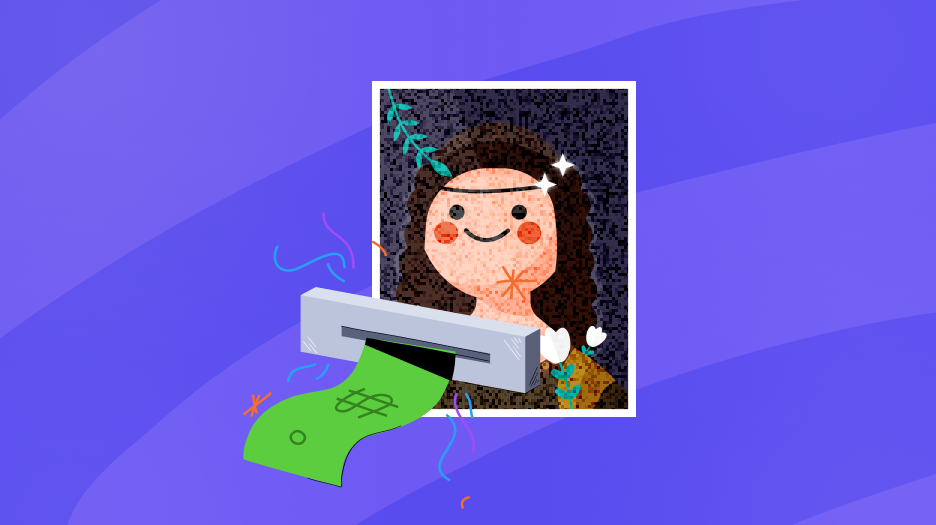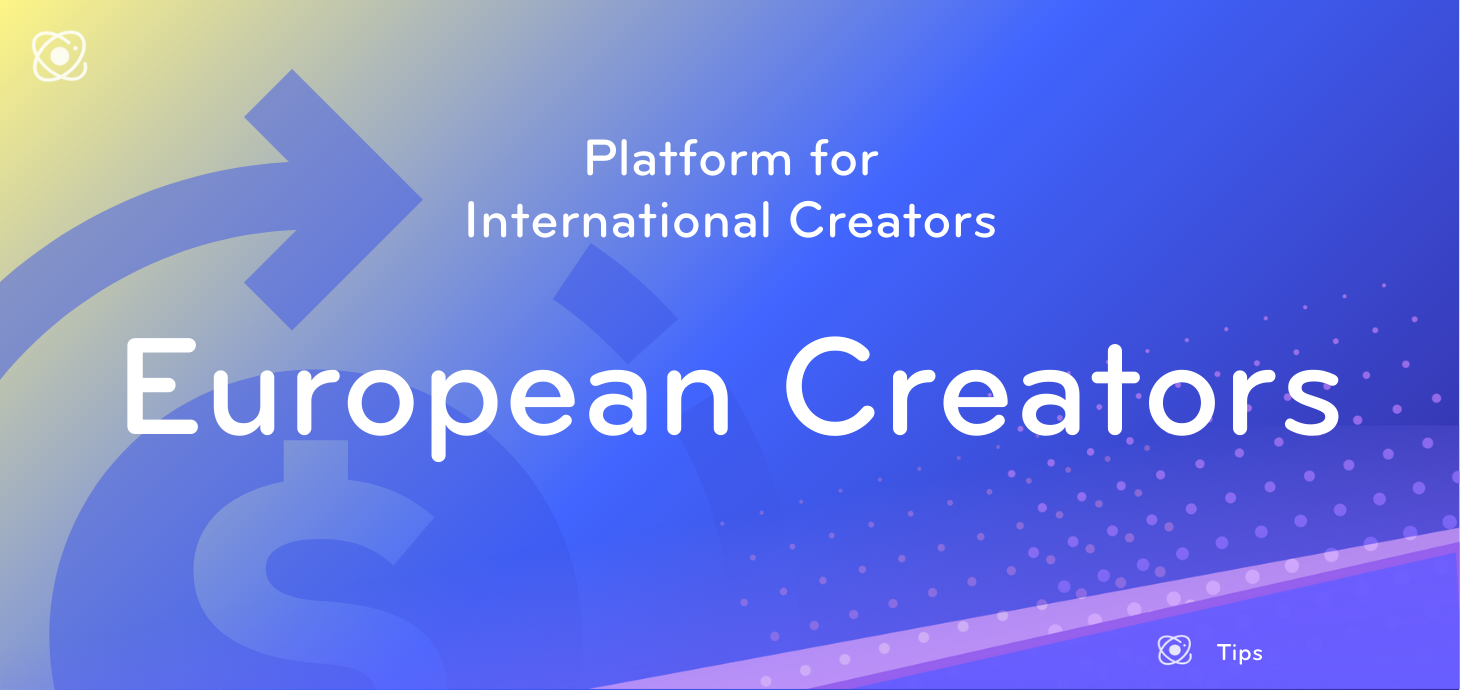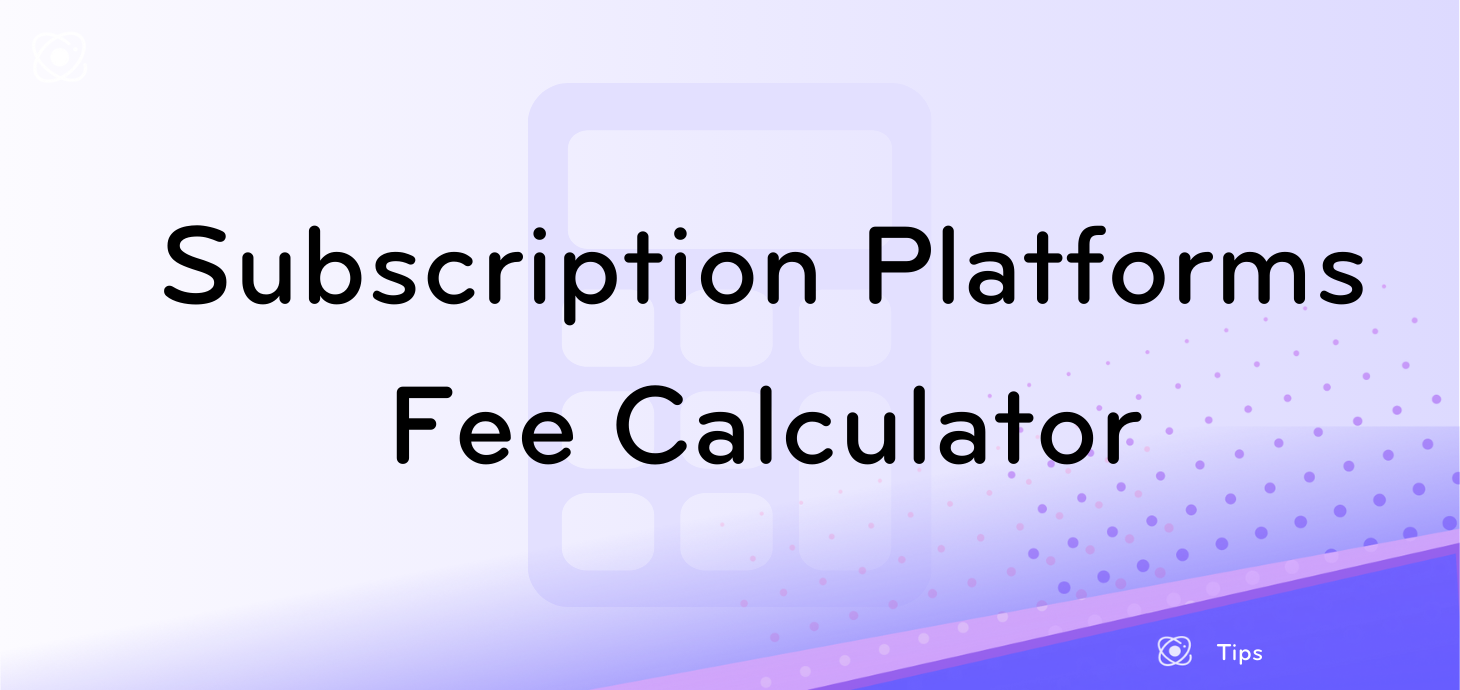AI generated art has been gaining more and more attention in recent years. From paintings to music, artificial intelligence is being used to create artwork that can be sold for profit. But what are the legal implications of selling this kind of art? What do copyright laws say about who holds the rights to it? And how does this affect traditional artists and creators? In this article, we will explore these questions and discuss the legal laws specifically in the United States of selling AI generated art.
Copyright Laws When It Comes to Selling AI Art
In the world of AI generated art, copyright laws are an especially tricky area. The main question that arises is does the end user have copyright over the AI generated art?
As per the regulations of the U.S. Copyright Office, AI-generated art cannot be protected by copyright. The article highlights that "human authorship" is a necessary element for copyright protection, which AI-generated art lacks.
In a statement of policy concerning the copyrighting of works made with artificial intelligence, it says: “These technologies, often described as ‘generative AI,’ raise questions about whether the material they produce is protected by copyright, whether works consisting of both human-authored and AI-generated material may be registered, and what information should be provided to the Office by applicants seeking to register them”.
Text prompts entered by an end user into an image generator does not qualify as an act of authorship, as the Office likens the prompt to “instructions for a commissioned artist”. It goes on to say “A human may select or arrange AI-generated material in a sufficiently creative way that ‘the resulting work as a whole constitutes an original work of authorship.’ Or an artist may modify material originally generated by AI technology to such a degree that the modifications meet the standard for copyright protection,” meaning that copyright will only protect aspects of the work judged to be made by a human author, not the entire work.
It is important to note that the legal status of AI-generated art is still evolving and may be subject to change in the future. There are lawsuits filed against Stability AI and other AI companies and the outcome of such cases will set the precedence. Therefore, it is advisable to consult with a legal professional who is well-versed in intellectual property laws if you have questions about the copyright status of AI-generated art.
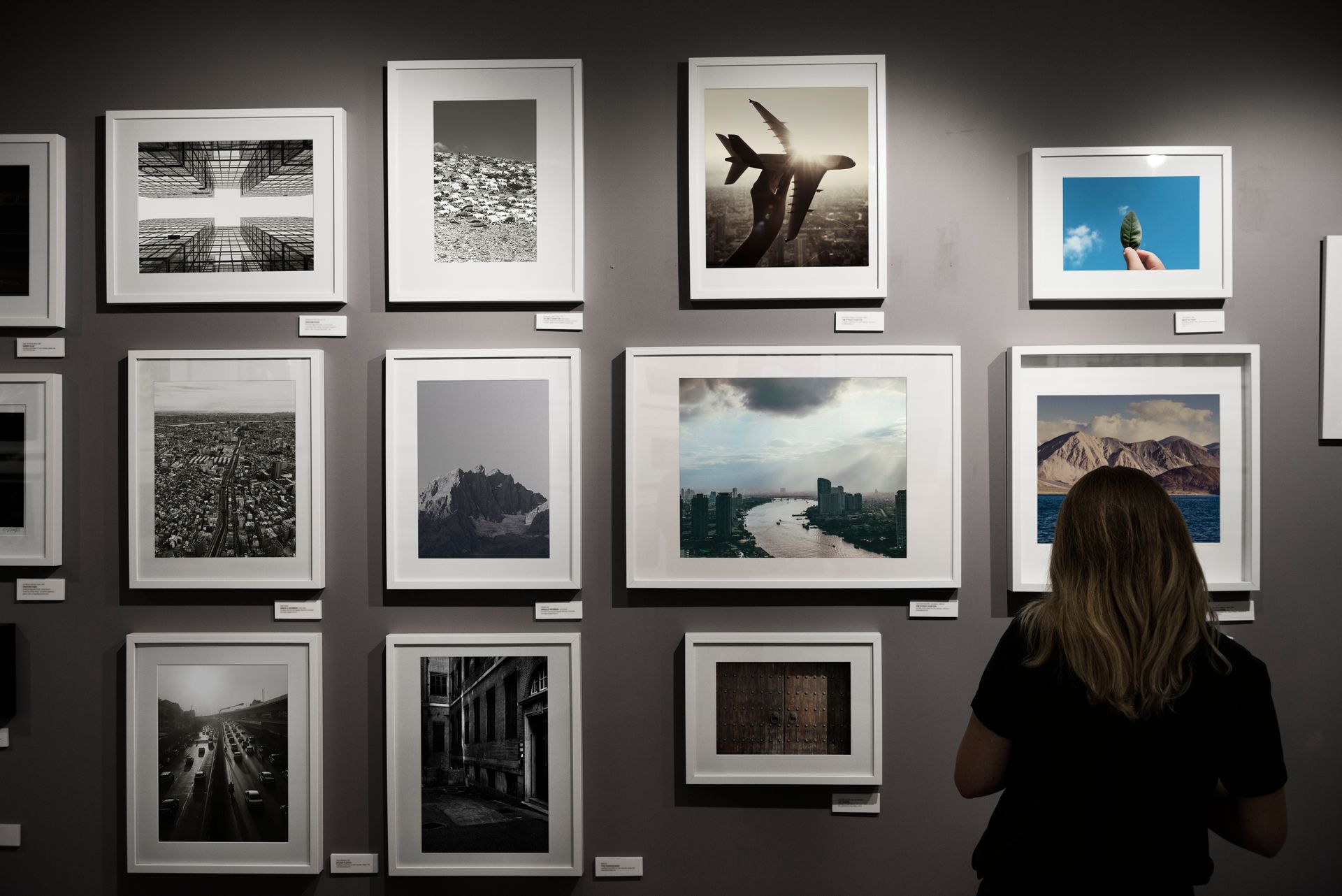
Exploring the Ethics of Selling AI Art
Currently there are lawsuits against AI companies mentioned earlier because they have been scraping artists' copyrighted works without permission and putting them into their datasets, such as LAION 5B. Whether the court rules in favor of the artists remains to be seen. However, the artists whose works are in these databases are not compensated and the question remains with you whether it is ethical to sell AI art that is generated using artists' copyrighted works without their permission.
There are also potential negative impacts of AI-generated art on the art industry and economy. As discussed earlier, the fact that AI-generated works are not currently eligible for copyright protection in the United States could potentially lead to issues with ownership and infringement. This could create uncertainty in the market and discourage some buyers and artists from investing in AI-generated art and encourage companies to keep their artists to avoid copyright lawsuits.
How It Affects Artists and Creators
AI-generated art is having a profound impact on the art industry and is affecting artists in various ways. For one, AI is expanding the realm of creative expression and pushing the boundaries of what artists can create. However with AI-generated art, the question of who owns the copyright and intellectual property rights becomes more complex. This is because the role of the artist may be diminished, with the algorithm taking on a larger role in the creation of the artwork. As such, it is important for artists to understand their legal rights and to potentially seek legal advice before AI-generated images in their artwork.
Another challenge is the potential impact on the art market and economy. Some critics argue that with the rise of AI-generated art, there may be a decline in traditional art forms and in the demand for human-made artworks. This could have a negative impact on artists who rely on traditional forms of art for their income and livelihood. Additionally, there may be challenges in establishing ownership and authenticity of AI-generated artworks, which could potentially harm the long-term value of such pieces.
Despite these challenges, some artists are embracing AI-generated art as a form of creative expression and as a way to reach new audiences. The use of AI algorithms and machine learning tools can help artists create more precise and efficient works of art, while also providing new opportunities for experimentation and innovation.
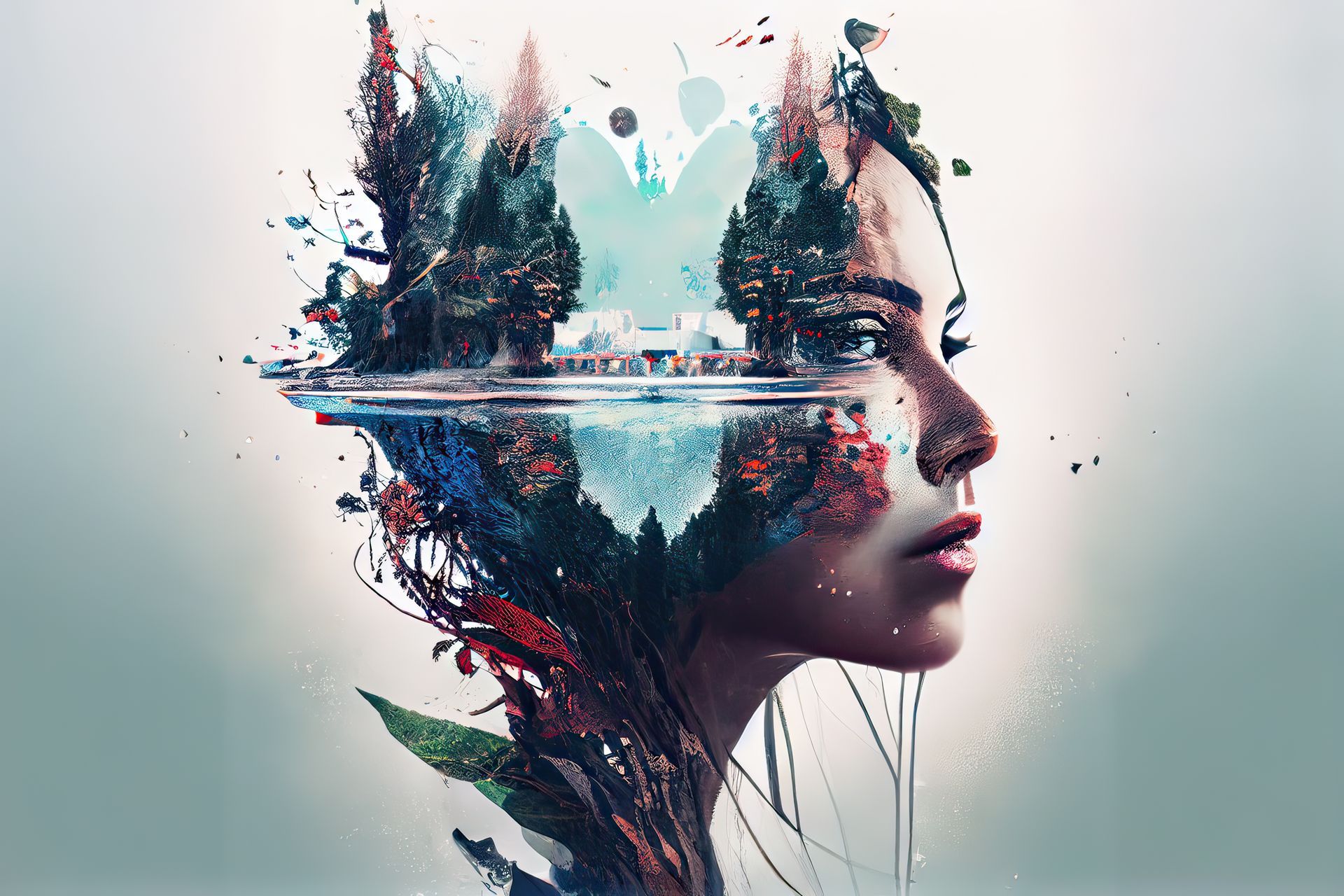
Conclusion
AI-generated art is a complex and evolving legal issue with potential ethical implications. While it is currently allowed to sell AI-generated art, artists should be aware of the copyright issues that may arise as well as other potential liabilities associated with selling this type of artwork. Additionally, there are also concerns about how AI-generated art could potentially impact the traditional art market and economy. Ultimately, whether or not you decide to engage in selling these works will depend on your own conscience and moral compass. It's important for any one considering selling their AI generated work online to understand the laws surrounding copyright protection so they can make an informed decision about what’s best for them.
立即注册 UniFans 引力圈, 轻松自由地创作吧!
立即注册 UniFans 引力圈, 轻松自由地创作吧!
nOTE:
Only team owners can access this feature. Please ask your team owner to access this feature.
RELATED CONTENT
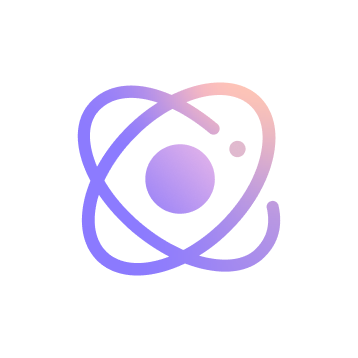
UniFans Content Team
UniFans' content writing team is a group of creative storytellers dedicated to crafting engaging and insightful content for the digital world, specializing in topics that resonate with influencers and online content creators.






